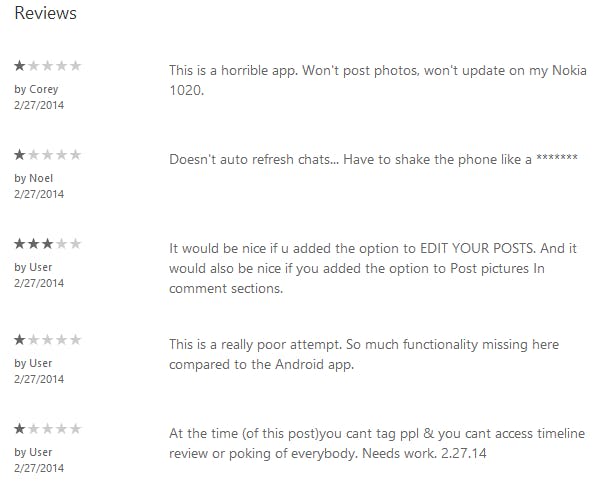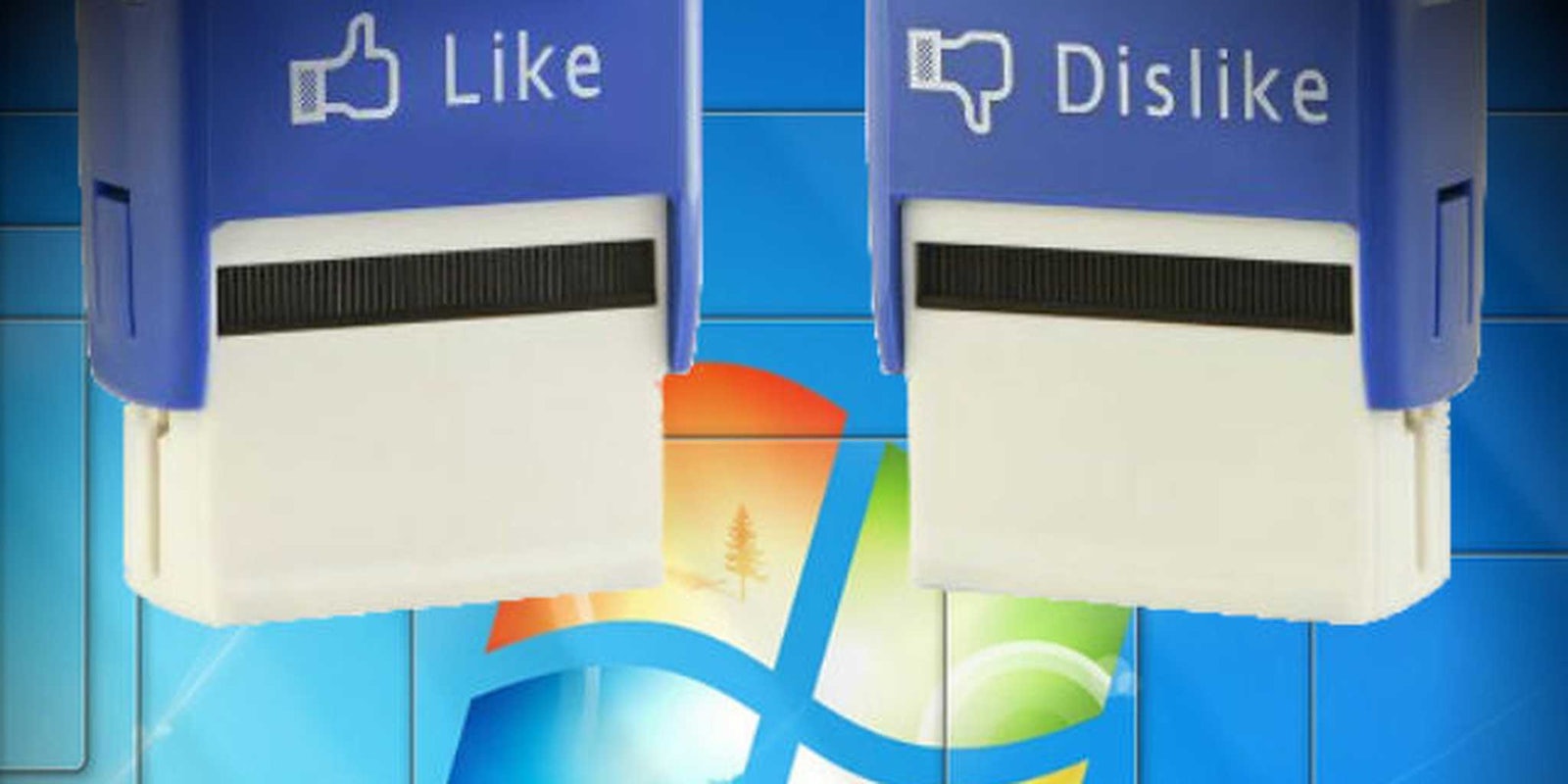After two years of operation, Facebook recently confirmed it will shut down its Messenger for Windows desktop app next week.
In case you’ve been using the Web app like a loser (or you know, forgoing desktop chatting altogether because your phone replaced AIM and all its descendents long ago), Facebook Messenger for Windows was a simple software you downloaded and used when you weren’t logged into the social network but wanted to use its chat function. It was a useful program for when you were in the office, or in class—anywhere the telltale white and blue layout of Facebook would give your indiscretion away—but you just had to stay connected.
Of course mobile messaging has swiftly, forcibly pushed desktop instant chatting into retro status. Facebook just bought WhatsApp for a remarkable $19 billion, and there are plenty of other competitors out there that send us rushing to our phones instead of our keyboards. But the fact that mobile messaging is hot isn’t new, and it isn’t what makes Facebook’s decision to kill Messenger for Windows interesting. What does make it interesting is the Windows part.
First, a short history lesson. Microsoft bought a significant stake in Facebook back in 2007, three measly years into the network’s existence. It was a slight gamble for Microsoft back then, a $240 million one, but at the time Facebook only had 50 million users, and now it has 1.23 billion.
But back then, netting such a strong technology company as its partner was highly beneficial for Facebook: Microsoft brought Bing support and Skype integration, as well as the opportunity to be widely used on platforms like Xbox Live.
Which is why Facebook’s repeated unfriendliness to Microsoft is confusing. As Messenger for Windows (the desktop version) goes quietly into the night, you have to wonder why it’s taken Facebook so long to even talk about introducing a Windows Phone Facebook Messenger app. Only last week did we get the verbal acknowledgement that this app will someday (soon?) exist. The beta version apparently feels like it was ported from Android and lacks key standalone functions that Android and iPhone users enjoy, so WP users can only hope the real deal is improved.
This is hardly the first time Facebook has slighted Windows Phone: The first official Facebook for WP app wasn’t introduced until June 2013 (you can see some recent reviews below), and the Facebook-owned Instagram was only added this past fall (with plenty of user complaints in tow). Facebook Camera (originally a stand-alone app, later transitioned into the Facebook mobile app proper) doesn’t give Windows Phone users all the bells and whistles other users enjoy.

And let us not forget that the valiant-if-overshot Facebook Home experiment was/is (it’s not been killed yet!) an Android-only effort (iPhone’s walled garden does not allow intrusions of such large proportions, of course).
If you’re a Facebook defender, then you see the onus as being on Microsoft here. Facebook is a mobile company; it’s been defining itself as such consistently for quite some time now, and Microsoft remains entrenched in desktop. Its attempts are interesting and innovative, but they’ve failed to capture the market like iOS and Android have. The Surface has had its fair share of issues, and while Windows Phone does have some fans, it’s more or less a fringe OS.
And thus, Facebook is leaving its big backer, the company that has been so crucial to its expansion, in the dust just a bit. Does it spell doom for Microsoft? Not even remotely. But it does mean that a major tech company (one with a stake in Facebook to boot) will remain an after-thought of a major social/mobile software platform instead of a priority.
H/T AllFacebook | Photo via BiiLbo/Flickr (CC BY 2.0); remix by Molly McHugh


